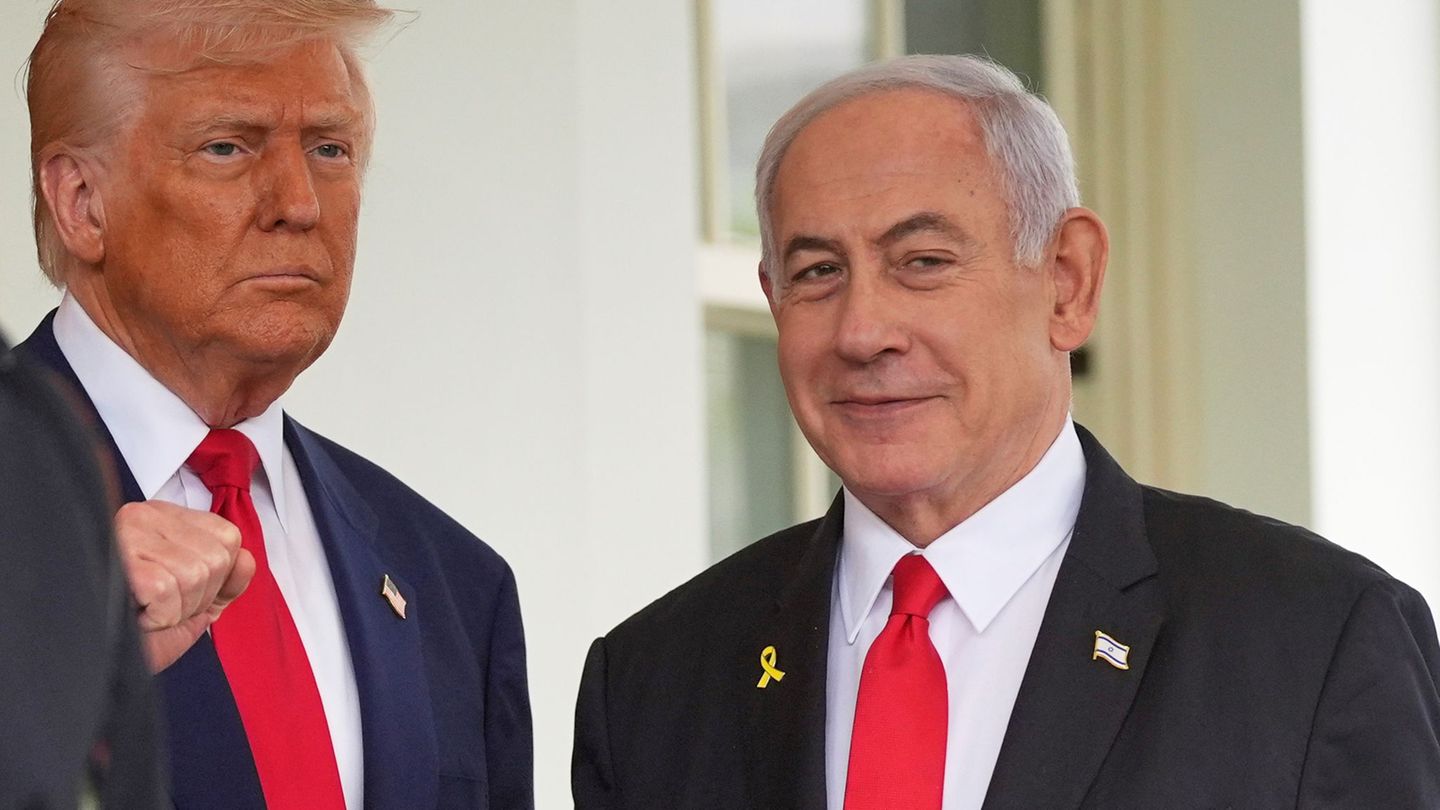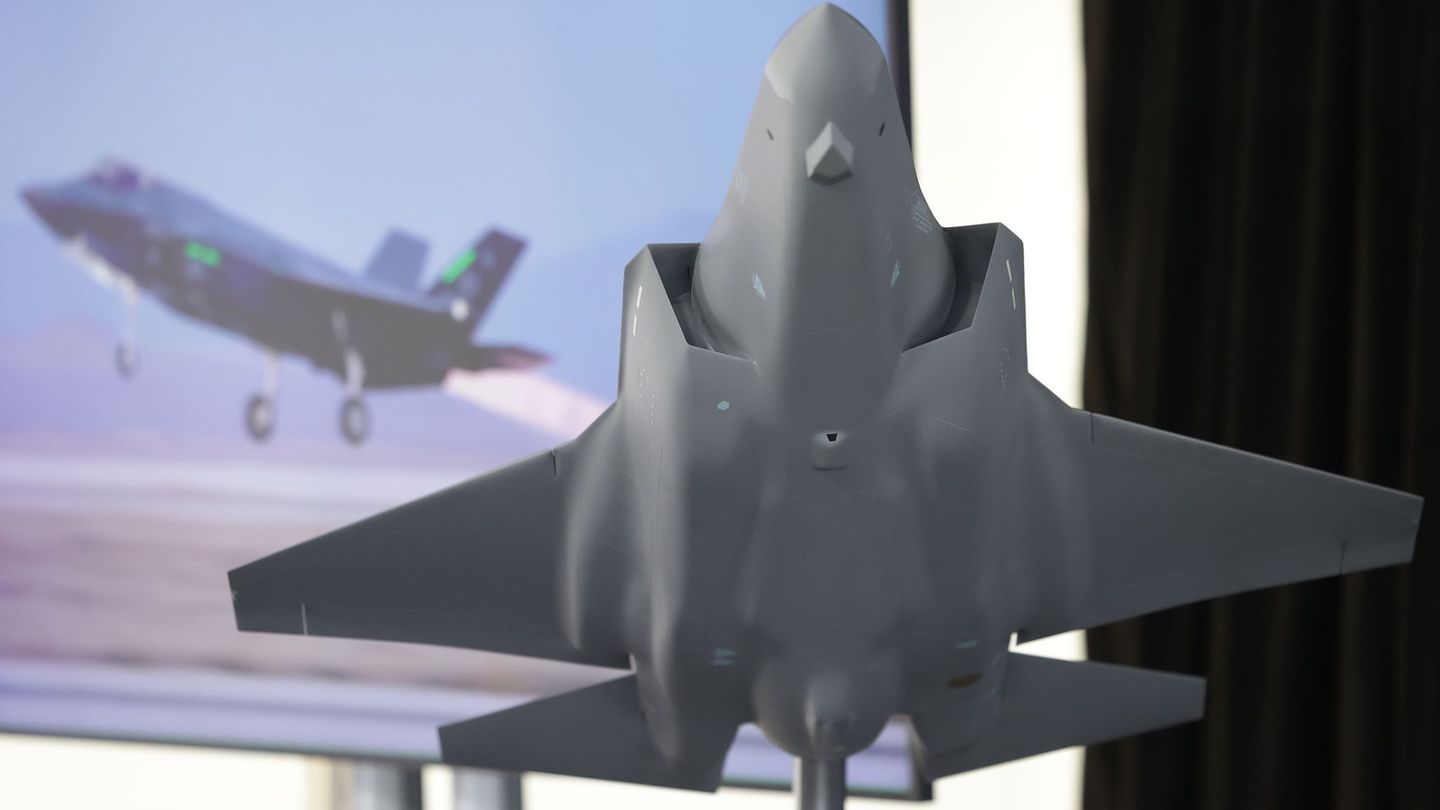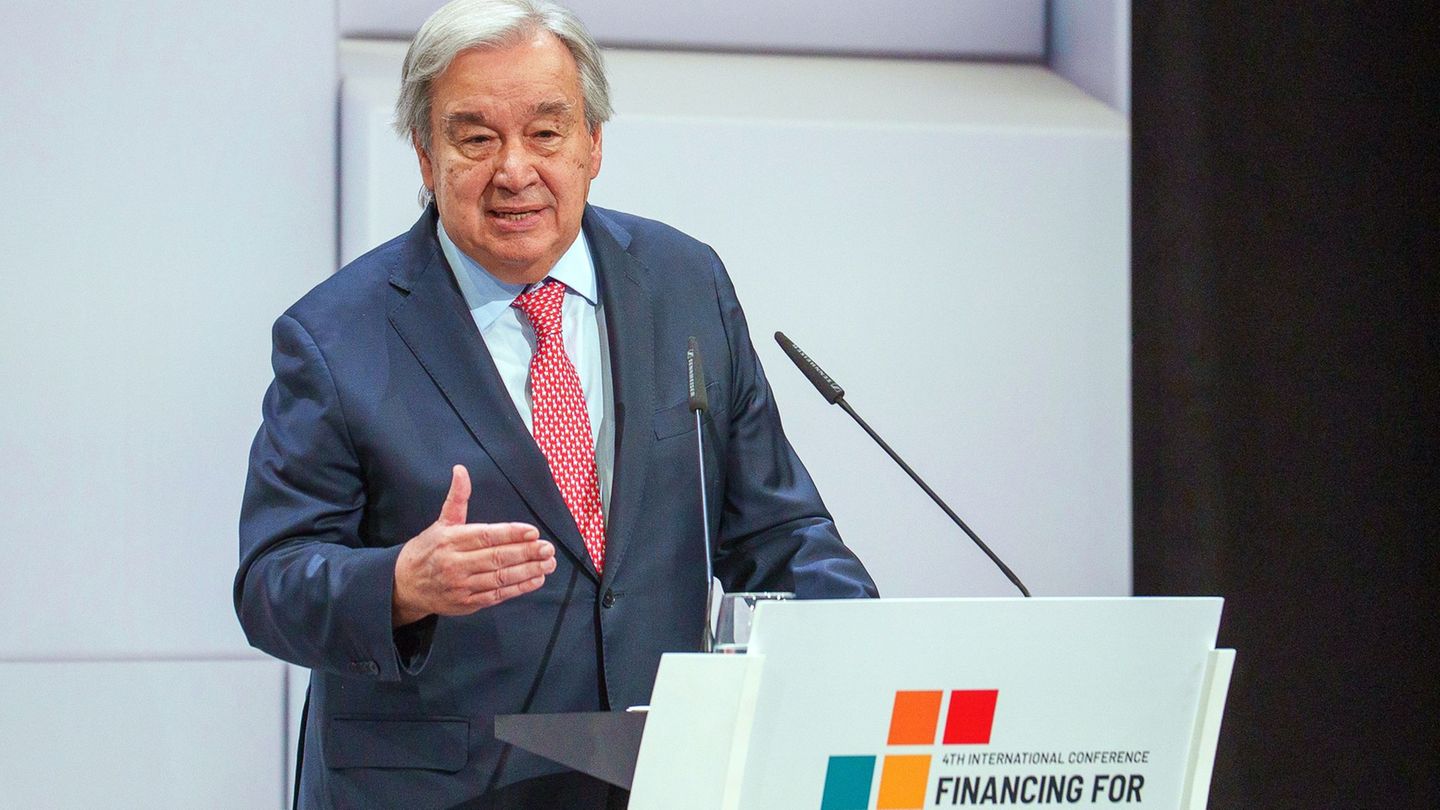There were two worlds of emotions that couldn’t have been more different: Iran is deeply divided after the death of its President Ebrahim Raisi. Supporters mourned, opponents celebrated with fireworks.
Iran’s Supreme Leader Ali Khamenei has declared five days of national mourning over the deaths of President Ebrahim Raisi and Foreign Minister Hossein Amirabdollahian. And yet there is no sense of the public mourning that has accompanied the deaths of other high-profile figures in the Islamic Republic’s 45-year history.
Supporters of the leadership gathered in mosques and squares to pray for Raisi and Amirabdollahian, who both died in a helicopter crash near the border with Azerbaijan. At the same time, most shops remained open and authorities made little effort to disrupt daily life. Iran is also divided in how it deals with the death of its president.
Iran: Ebrahim Raisi continues to divide even after his death
A year after Raisi’s hard-line government violently suppressed the largest protests against the leadership since the 1979 Islamic Revolution, there even appears to be joy at his death. Opponents of the regime secretly posted a video online showing people handing out sweets to celebrate the president’s death.
Laila, a 21-year-old student from Tehran, told Reuters by telephone that Raisi’s death did not make her sad because the president had ordered a tough crackdown on women who did not veil. “But I’m sad because even with Raisi’s death, this regime won’t change.”
According to human rights groups, hundreds of Iranians died in the 2022 and 2023 demonstrations. The trigger was the death of the young Iranian Kurdish woman Mahsa Amini in custody. She had been arrested by the so-called moral police for allegedly violating the country’s strict dress code. This was followed by unprecedented protests under the motto “Woman – Life – Freedom”. The authorities’ handling of a series of political, social and economic crises has deepened the gap between the clergy and society.
“His legacy will continue throughout our lives”: supporters pay homage to their president
On the other hand, supporters of the leadership in Tehran spoke with admiration about Raisi – a cleric, conservative hardliner and former head of the judiciary who was elected in 2021 in a strictly controlled election with low turnout. “He was a hard-working president. His legacy will last throughout our lives,” said Mohammad Hossein Sarrabi. The 28-year-old is a member of the radical Basij volunteer militia in the Shiite holy city of Qom. The Basij militia is notorious for its extremely brutal crackdown on demonstrators.
And yet, there was little evidence of the emotional rhetoric that usually accompanied the deaths of publicly revered personalities. This was completely different with the death of Qassem Soleimani, a high-ranking commander of the elite Revolutionary Guard unit, who was killed by a US missile in Iraq in 2020. A huge crowd attended Soleimani’s funeral. Countless mourners wept with grief and anger. Soleimani was a hero to many in Iran.
Helicopter accident
Iran’s controversial president is dead: pictures of the 24 hours that could change the country
Raisi’s death is unlikely to change the regime
Raisi, on the other hand, has been a hate figure for opponents of the clerical elite at home and in exile since the 1980s. At the time, he was accused of playing a leading role in the execution of dissidents as a lawyer. Iran has never admitted that mass executions took place. According to the human rights organization Amnesty International, 5,000 Iranians were executed in the first decade after the revolution – possibly more.
“I congratulate the families of the victims of the executions,” wrote Internet user Soran Mansurnia in an online forum in which the consequences of Raisi’s death were debated. However, Narges, another user, lamented that Raisi had died a “martyr’s death.”
Many people in Iran expect Raisi’s death to have little impact on the way the country is governed. The establishment is likely to replace him with someone with similarly hard-line views, they say. “Who cares?” said Resa, a shopkeeper in the central desert town of Jasd. People are too preoccupied with economic and social problems to worry about such news. “One hardliner dies, another takes over, and our misery continues.”
Source: Stern
I have been working in the news industry for over 6 years, first as a reporter and now as an editor. I have covered politics extensively, and my work has appeared in major newspapers and online news outlets around the world. In addition to my writing, I also contribute regularly to 24 Hours World.




